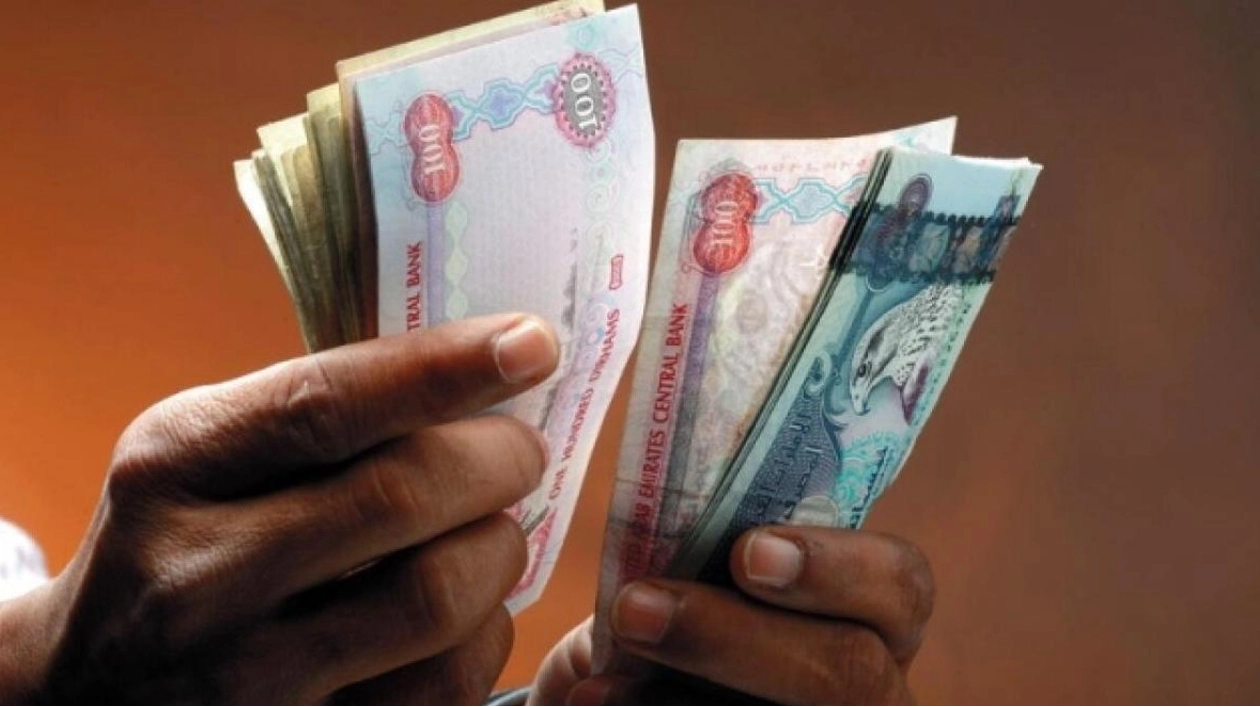In the first half of 2024, the UAE ranked as the third-largest issuer of US dollar debt among emerging markets, excluding China, accounting for 8.9 percent of the total. Only Saudi Arabia, with a 17.4 percent share, and Brazil, at 9.4 percent, surpassed the UAE, according to Fitch Ratings. The rating agency anticipates that the UAE's outstanding debt capital market will exceed $300 billion in the second half of 2024.
"Structural reforms in the debt capital market, the implementation of the Dirham Monetary Framework, and a generally robust investor appetite have driven significant growth over the past five years," stated Bashar Al Natoor, the global head of Islamic finance at Fitch Ratings. He noted, "However, there are still areas to improve. The dirham market is still in its infancy, the investor base is heavily concentrated in banks, and most corporations still favor bank financing over bonds or sukuk. Some issuers choose bonds over sukuk due to the complexity of adhering to the Shariah standards set by the Accounting and Auditing Organisation for Islamic Financial Institutions."
From January to June of this year, the outstanding debt capital market increased by 11.8 percent year-on-year to $281 billion. During the first half, sukuk issuance in all currencies surged by 9.8 percent, outstripping bond issuance, which declined by 44.3 percent. Fitch rates $26.5 billion of UAE sukuk, with 94.3 percent being investment-grade.
Following the COP28 held in the UAE in 2023, environmental, social, and governance (ESG) debt issuance slowed by 35 percent to $3.3 billion in the first half, with the majority—67.5 percent—in the sukuk format. In April 2024, the regulator extended the fee exemption for listing ESG bonds and sukuk.
"We predict the UAE Government's consolidated debt will be 24 percent of GDP by the end of 2024. Individual emirates exhibit varied debt profiles, with Sharjah notably carrying a higher debt burden. Dubai repaid Dh29 billion in market and private debt in 2023. Fitch anticipates budget surpluses in Abu Dhabi and Dubai and deficits in Ras Al Khaimah (RAK) and Sharjah."






